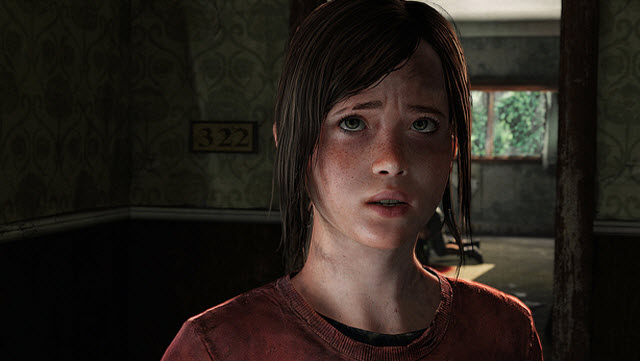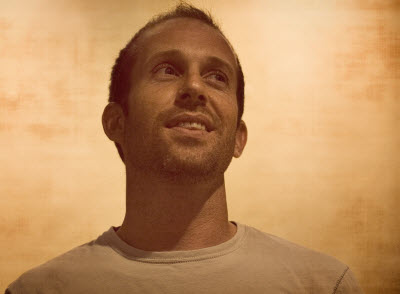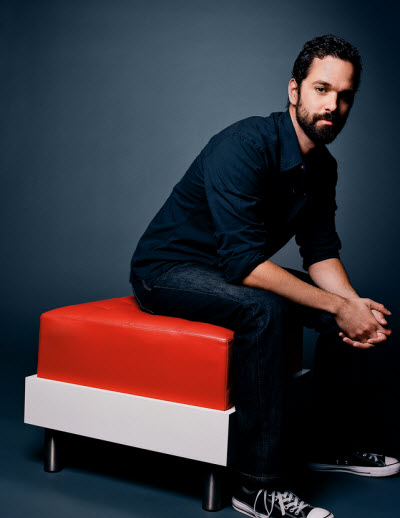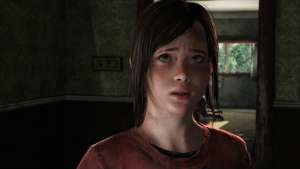This interview has story spoilers.
Naughty Dog’s The Last of Us is burning up the charts and will likely be one of the most successful PlayStation 3 exclusive video games of all time.
Among the post-apocalyptic game’s achievements is its deep, emotionally engaging female characters like Ellie, voiced by actress Ashley Johnson. But one of the surprises to its creators is some criticism about how these characters, as memorable and three-dimensional as they are, fall into a trope for female stereotypes in video games. They either wind up being killed, prompting a revenge story, or need to be rescued.
That criticism came as a surprise to Neil Druckmann, the creative director for The Last of Us at Naughty Dog, and game director Bruce Straley. They talked to us in a comprehensive wrap-up interview about the game, and we’ve broken out this snippet about the female characters.
For part one of the extended version of our interview, please check out this link. Part two is here, and we have excerpts on the beginning and ending, gameplay decisions, and the inspirations for the game.
GamesBeat: A lot of things are sticking in my head even though I played the game awhile ago now. I’m sure everyone you’ve talked to has related some interesting story. My 16-year-old daughter sat with me through the beginning of the game and felt like she had never seen a video game that had such an interesting story to it. She hardly ever plays anything on the consoles, so that’s a big accomplishment. Now that you’ve seen a lot of reviews and what the critics have dwelt upon, is there anything surprising to you about where people went with their interpretations of the game?
Neil Druckmann: We were surprised at how well it was received. The story is a little more subtle and the material is a little more mature. The gameplay is a little harder, more complicated than what we’ve done in the past. We thought we would have a smaller audience, or that it would be more divisive as far as how people’s reactions. But we were pleasantly surprised.
Bruce Straley: We were surprised by some of the criticism of our use or execution of the female roles inside of the game, and some of the backlash that we got from it. I think we did an extraordinary job of creating strong characters – men, women, black, white, gay straight. We’re just trying to create completely fleshed-out characters. Yet somehow we were used as a soapbox or something for people to stand on and say that there are still problems with the industry.
It’s good to have the conversation. We agree about all of those things. Every single one of those inequalities in the industry–We need to have that discussion and we need to be more mature about our approach to the medium. It was just odd, the way it felt like our game was being used in that way. I mean, think of all the games you could use instead of The Last of Us.
Druckmann: I’ve been thinking about that. There have been a lot of articles pointing to the positive aspects of the women and other characters. I think that there’s a little bit of a sexism valley, for lack of a better term, like the uncanny valley. The more progress we make, the more those problems stand out. I get that people are going to want to pick things apart.
GamesBeat: You do have very developed female characters — stronger, more interesting — than what have been created before, and people can still perceive them as needing to be protected or rescued. I think it’s a little off base. There is a section in the game where you do get to play as one of these characters. You’re the agent of that character.
Druckmann: That was our intention all along, to create a story with dual protagonists. They both have strong arcs. There are moments in the game that affect one character or the other. It was surprising to me that so many people said that this was only Joel’s story. You have scenes like Ellie talking to Sam. That scene in no way affects Joel. It’s purely for Ellie’s development. Those scenes were sometimes glossed over to make a point.
I feel like, as we get more sophisticated with our storytelling, the criticism has to become more sophisticated. We have to dissect these subtleties, instead of just pointing to these tropes and saying, “Well, you have a woman dying, so you have a game where the death of a woman fuel’s this man’s story.” The discussion has to go deeper than that.
GamesBeat: Is there a way you found to talk about some of the big points in the story without giving the story away? I imagine you’ve done these interviews quite a few times already.
Druckmann: From a marketing standpoint, something we were very conscious of initially—We said, “Here are things we will lie about in interviews.” If somebody asks, “Do you play as Ellie?” we would say no. Even though we knew from the beginning that we were working toward this climactic moment where the roles of the characters shift.
Straley: I’m surprised no one called us out on that in hindsight. “You fuckers lied!” [Laughs]
Druckmann: We did dozens of interviews where we outright lied about it. “No. Joel is the only person you play.” We also decided we would never talk about the prologue where you play as Sarah.
There was another thing we did that I guess we could have talked about, which is Ellie being immune. The reason we didn’t—One, out of context it just sounds like a cliché. But also, once you know that, then your next question becomes, “Okay, how does that play out?” Everyone would have been guessing about how the story ends, instead of how the story begins and what it’s about. By not revealing that aspect, there was more guessing about why they’re on this journey and why they’re together, instead of just how it might end. That helped the ending be really surprising.
Straley: It also helps not to talk about that because in gamers’ minds, one of the biggest fears they have when they hear about a 14-year-old girl and a middle-aged man is the escort mission thing. You’re going to have to babysit her. Players don’t want that. As much as we could, in our PR and so on, we were trying to say that Ellie is very capable from the get-go. She’s always been designed as a capable counterpart to Joel. By saying that she has the immunity, it suggests that you’re going to have to escort her. We wanted to stay away from that.
GamesBeat: I’m very curious about inspirations and intentions in the way you told the story and [for] the characters. Can you talk about some of those? Maybe the inspiration for Ellie, for example?
Druckmann: When Bruce and I were working on Uncharted 2, we would brainstorm a lot of gameplay scenarios or story scenarios. One of the things we ended up calling “The Mute Girl” is a sequence of gameplay—Again, this was all just theoretical. Drake was in this war-torn city. He joined this rebel group that was fighting a civil war. They all bed down for the night, and one of the members of the group is this teenage girl, who is mute.
We started to brainstorm how you would form a bond through gameplay, where you can’t rely on dialogue. She would shake Drake awake in the middle of the night and motion for him to follow her. She’d start climbing up buildings and jumping gaps and you’re following her and seeing that she’s excited. She really wants to share something with you. As you’re climbing up on this rooftop of this building, you get to see a vista over this whole city as it’s lit up. You hear gunfire and stuff in the distance, but it’s this really beautiful moment that you get to share with this character, all through gameplay.
That idea stuck in the back of our minds when we started discussing our next project. That morphed into a question: could you build an entire game around this concept of meeting a character really early on and forming a bond that would evolve and shift as you see all the facets that a deep relationship between two people can have.
GamesBeat: The surprise in the meantime is that it’s sold so well. People seem to like it a lot.
Druckmann: That’s great, but for us as a team, we need something that’s going to inspire us for the next two, three, four years. It has to be more than, “This will make money.” It has to drive us through those long nights when we’re struggling to put that thing together.
The cool thing about the sales success is that we did the game we wanted to play, not knowing whether it was going to succeed or not. The takeaway for us is, “Okay, that approach worked. Let’s do that again. Let’s make a game that we want to play that isn’t out there yet.”
Also, how popular Ellie ended up being says a lot about whether games can sell with a female protagonist.
VentureBeat's mission is to be a digital town square for technical decision-makers to gain knowledge about transformative enterprise technology and transact. Learn More




